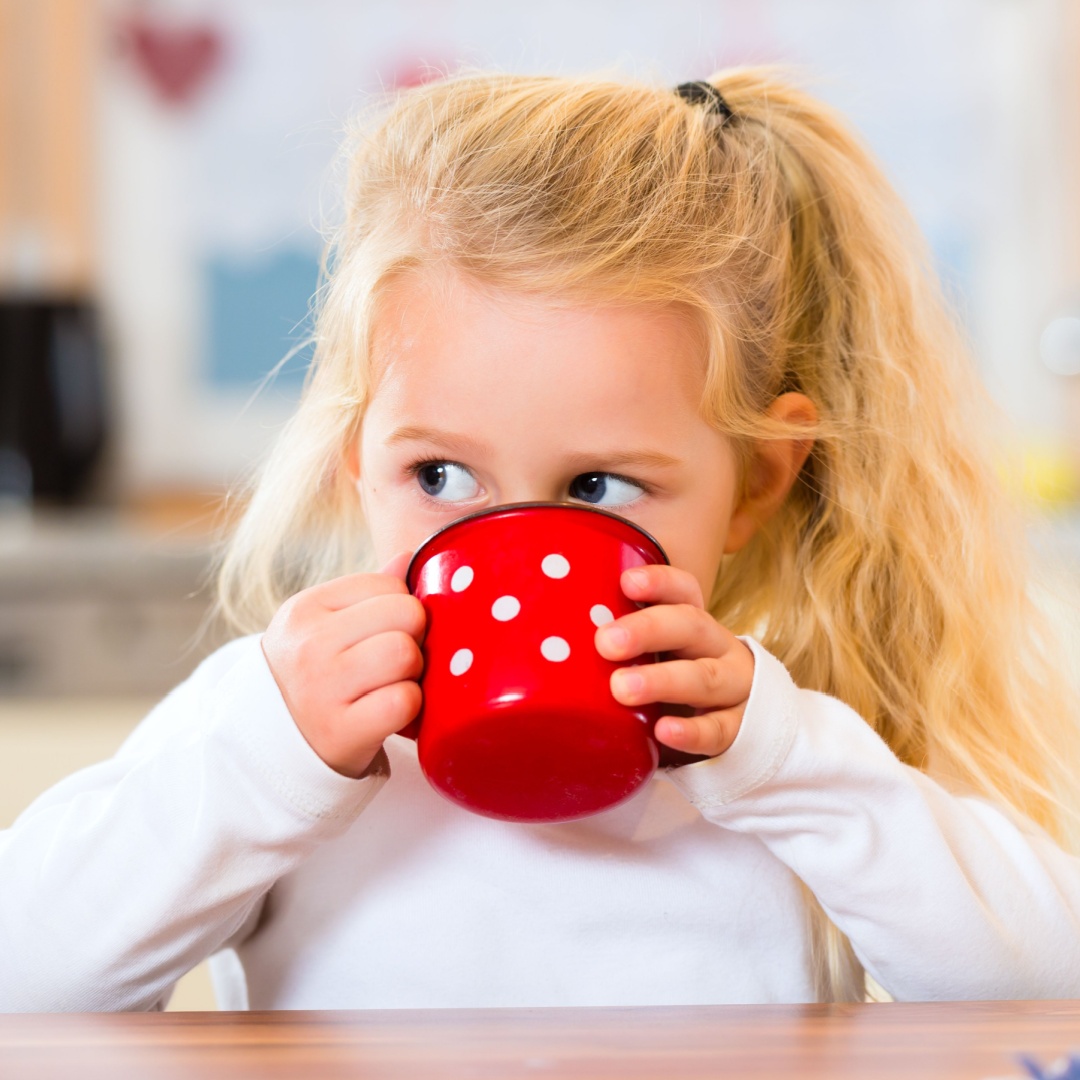
Teach Your Child to Drink from a Cup: An Occupational Therapy Perspective
Learning to drink from a cup is a significant developmental milestone that promotes independence and strengthens fine motor and coordination skills. From an Occupational Therapy (OT) perspective, this process involves breaking down tasks, using appropriate tools, and providing consistent support and encouragement. Here’s a comprehensive guide to help your child transition to drinking from a cup.
Why Is Drinking from a Cup Important?
Developmental Benefits
- Independence: Mastering this skill boosts a child’s confidence and autonomy during mealtimes.
- Motor Skills Development: It refines fine motor skills (grasping the cup), gross motor skills (lifting and tilting the cup), and oral motor skills (sucking, swallowing, and managing liquid flow).
When to Start?
Most children are developmentally ready to start cup drinking between 6 to 12 months. Key signs of readiness include:
- Sitting upright with minimal support.
- Showing interest in cups.
- Holding small objects independently.
Step-by-Step Guide to Teaching Cup Drinking
1. Choose the Right Cup
- Training Cups: Begin with cups that have spouts or straws to control liquid flow.
- Lightweight Cups: Opt for small, easy-to-hold cups, preferably with handles for better grip.
- Adaptive Cups: For children with additional needs, consider cups with weighted bases, special handles, or unique spouts to provide extra support.
2. Introduce the Cup Gradually
- Model the Action: Demonstrate how to drink from the cup while explaining simple steps like “hold,” “lift,” and “sip.”
- Start with Water: Begin with small amounts of water to minimise mess and reduce stress.
- Hand-Over-Hand Assistance: Initially guide your child’s hands to help them understand the motion of bringing the cup to their mouth.
3. Practice and Encourage
- Short, Frequent Sessions: Practice regularly in a low-pressure environment.
- Positive Reinforcement: Celebrate small successes with praise to build confidence.
- Expect Spills: Spills are a normal part of learning—stay calm and encourage your child to keep trying.
Occupational Therapy Strategies for Success
Fine Motor Skill Development
- Activities to Improve Grip: Encourage activities like threading beads, stacking blocks, and playing with playdough to strengthen hand muscles.
- Pincer Grasp Practice: Develop the pincer grasp by picking up small objects, which helps in holding smaller cups or cups with handles.
Oral Motor Skill Development
- Straw Drinking: Introduce straw drinking to improve lip closure and control, preparing your child for open cup drinking.
- Oral Motor Exercises: Activities like blowing bubbles or using a straw to blow lightweight objects can help develop oral muscles.
Sensory Integration Strategies
- Sensory Play: Introduce textures and temperatures during sensory play to help your child adjust to the sensation of different liquids.
- Gradual Exposure: Gradually introduce new drinks, starting with familiar liquids to build confidence.
Practical Tips for Success
- Create a Supportive Environment
- Use a child-sized table and chair to ensure your child sits comfortably.
- Add a non-slip placemat to stabilise the cup.
- Make it Fun
- Use cups with fun designs or characters to make the experience more engaging.
- Turn practice into a game, like having a tea party or playing “cheers.”
- Consistency is Key
- Integrate practice into daily routines, such as during meals and snacks.
- Provide consistent encouragement and celebrate every bit of progress.
Why Choose OneOnOne Children’s Therapy?
At OneOnOne Children’s Therapy, our team of experienced Occupational Therapists in Bondi Junction and Mascot specialises in helping children achieve key developmental milestones, like learning to drink from a cup. We also offer tailored support for children with autism, developmental delays, disabilities, and learning difficulties. WE are proud members of AHPRA and work closely with the Speech Pathologists and Certified ESDM Therapists in our clinics.
If you’re seeking Occupational Therapy in Bondi Junction or Mascot, contact us today! We’re here to guide your child toward greater independence and success.
Call us at (02) 8065 7837 or email us for more information.
This guide reflects our commitment to delivering high-quality, family-centred care. Let’s help your child master this essential life skill with confidence!

“This is exactly what I was looking for, thank you!”
Your blog is a true hidden gem on the internet. Your thoughtful analysis and engaging writing style set you apart from the crowd. Keep up the excellent work!
Technology us very informative articles or reviews at this time.
Gracias por tu aportacion. muy recomendable! Gracias!